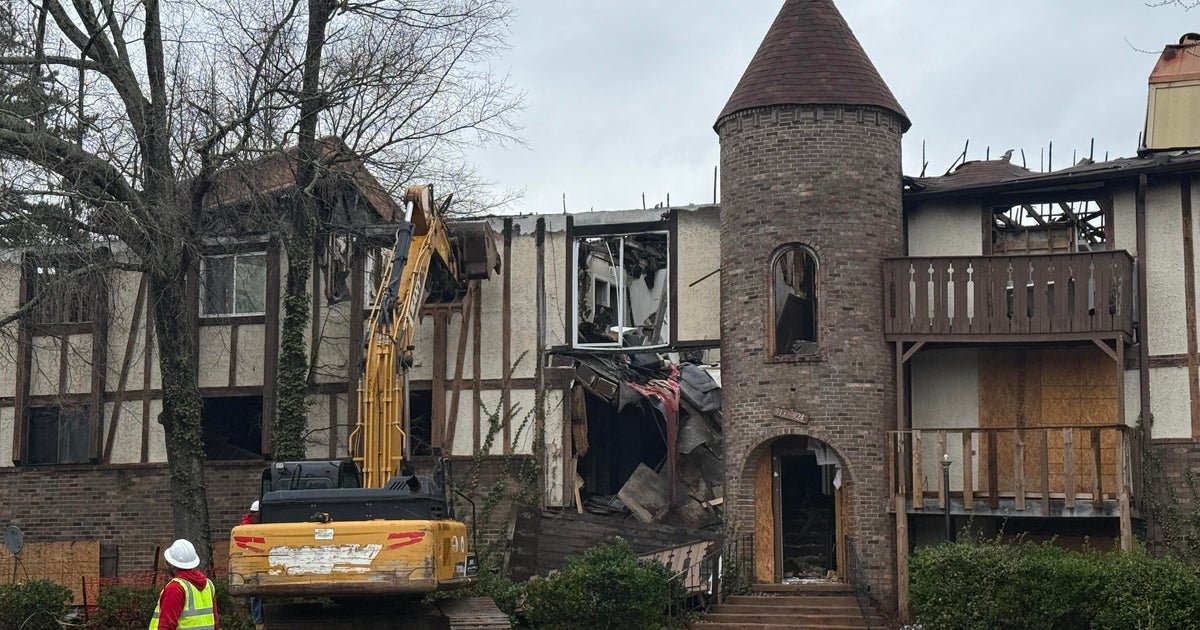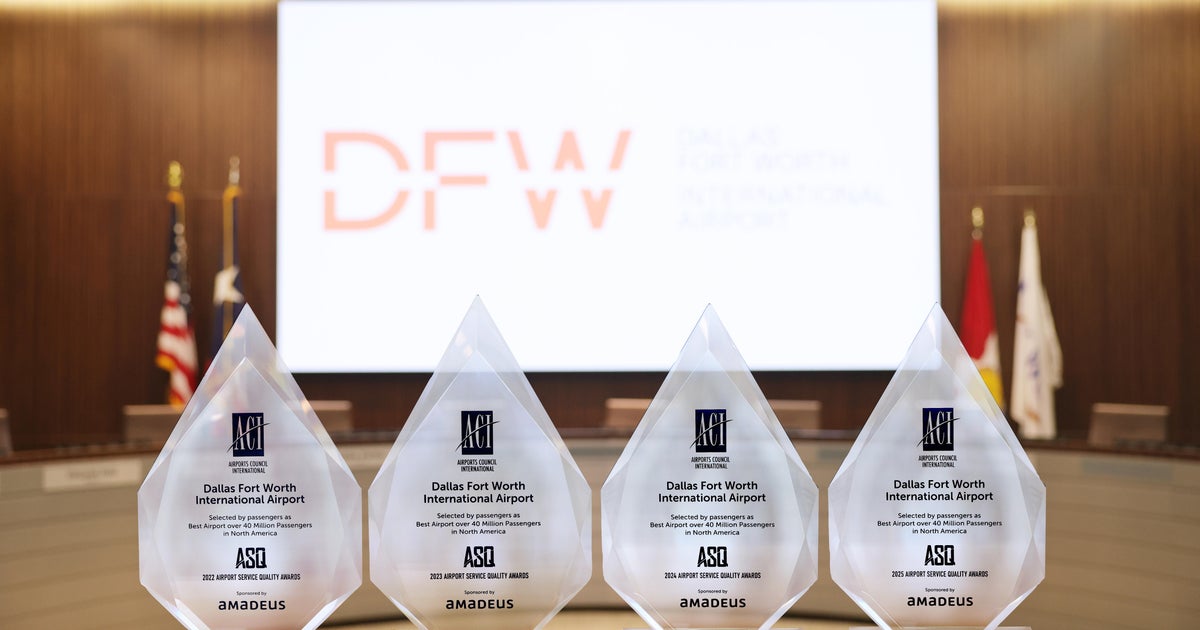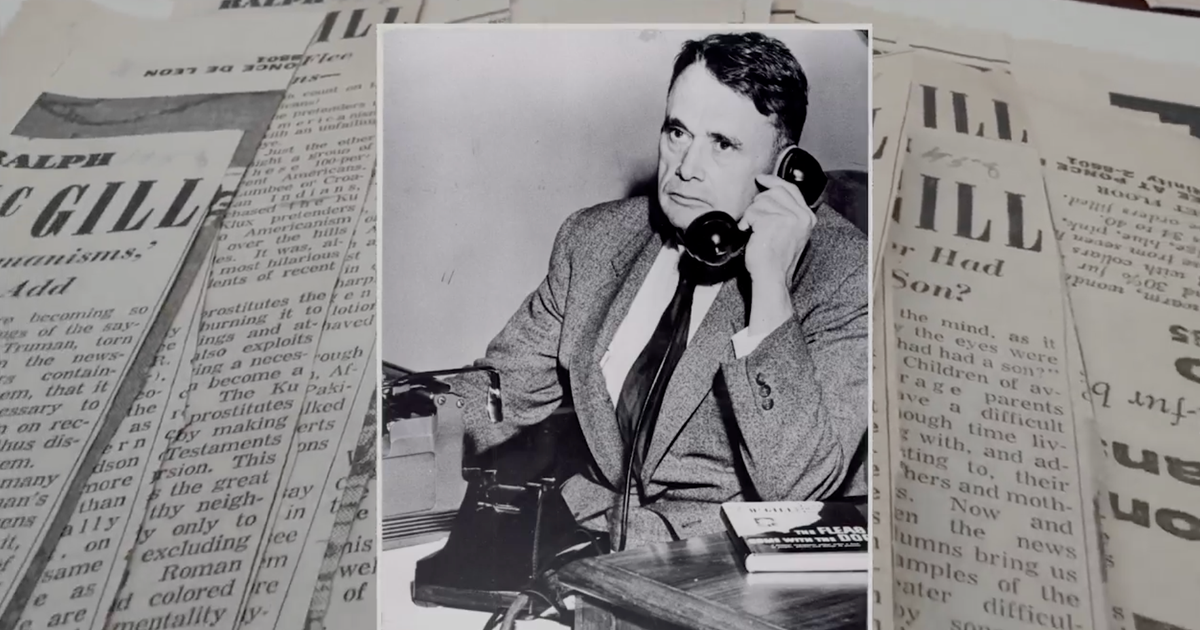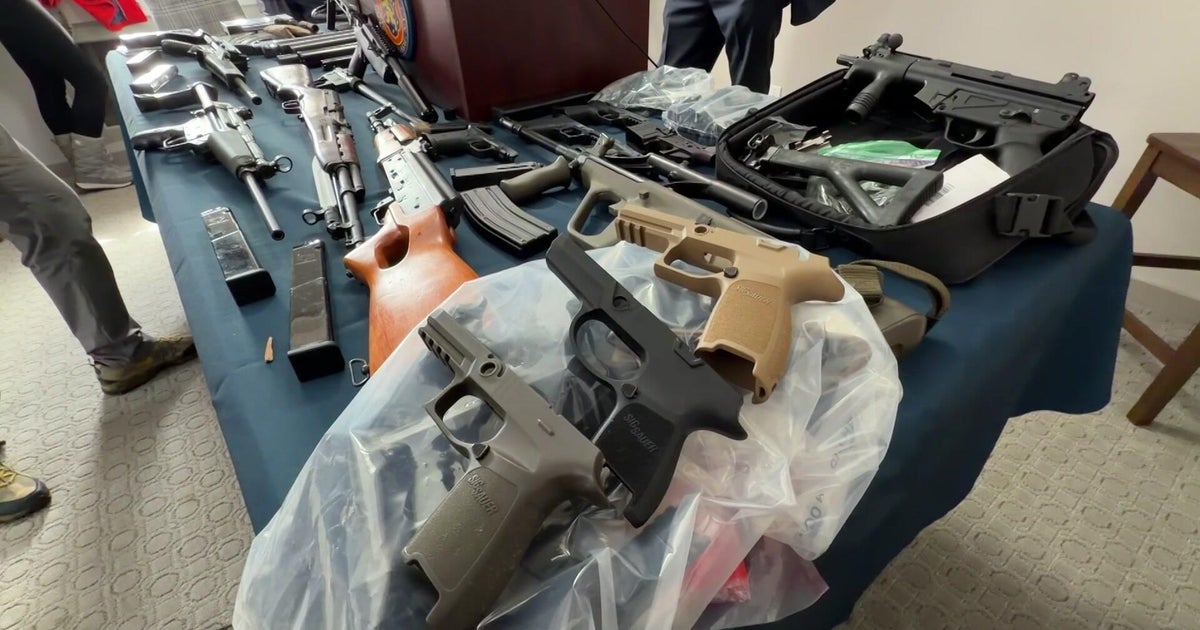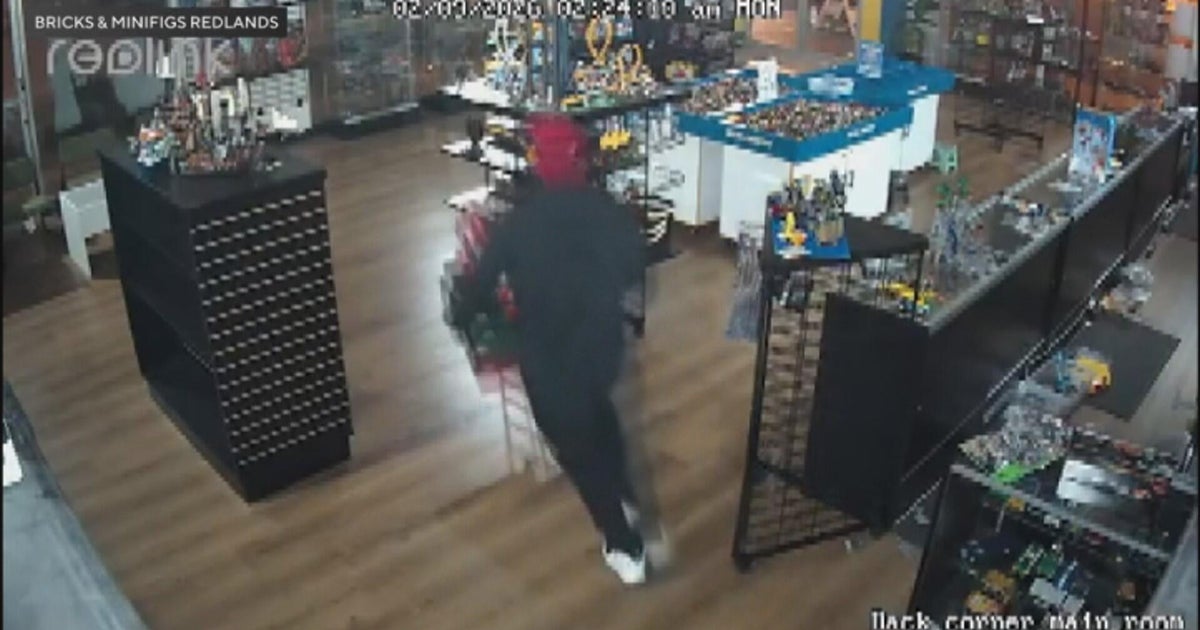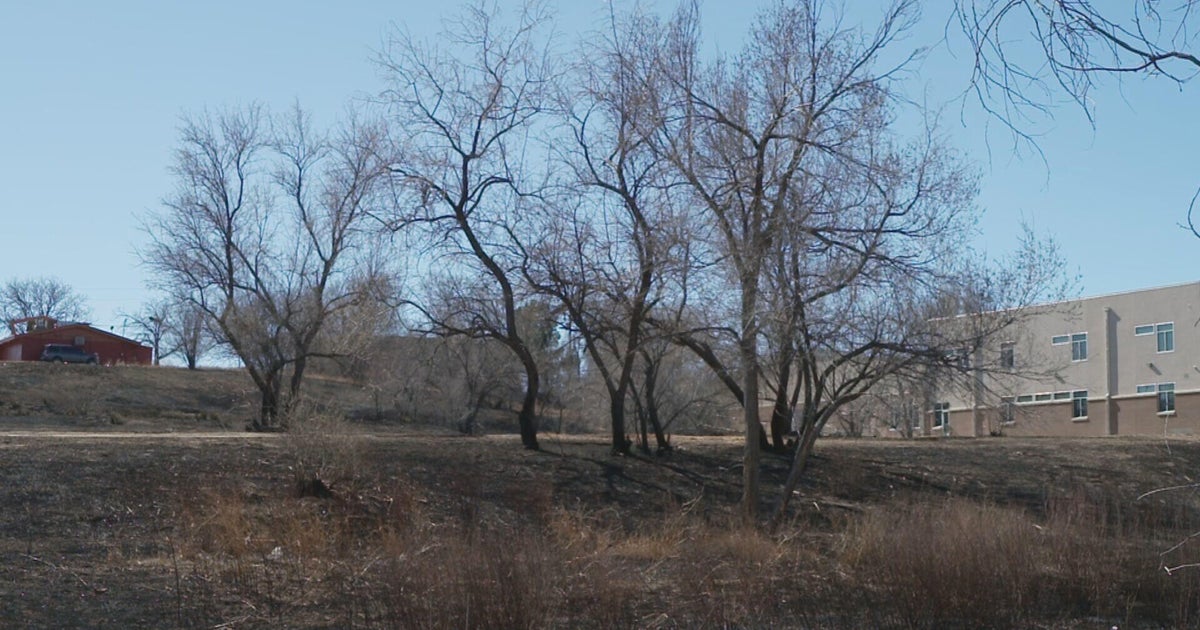Lost For So Long, War Orphans Now Call DFW Home
DALLAS (CBSDFW.COM) - John Makor does not celebrate birthdays. Instead, he stays to himself, hurts a little, and prays.
"I don't know how old I am, actually," says Makor, a Dallas resident whose best guess is that his age is 33. "Sometimes I feel embarrassed when somebody asks, 'How old are you?' "
Makor's confusion, with something seemingly so simple, is due to his being what the world knows as a "Lost Boy," one of an estimated 27,000 boys who were torn from their families by civil war in their native country of Sudan.
For years, instead of birthday parties, ball games, and doting parents, the boys fled from gun-shooting soldiers who wanted to enslave them. They traversed waters infested by crocodiles, blistered their feet on hundreds of miles of African sand, and fought back famine and disease in crowded refugee camps in Sudan and Kenya.
But some things don't change.
Like any child, alone and scared, "I just cried," said Makor, now a medical technician at a Dallas hospital. "But when I cry, there's no solution there."
In 2000 and 2001, the Bush Administration, the United Nations and an assortment of human-rights organizations organized a mass rescue, airlifting thousands of the Lost Boys to the United States to begin new and very different lives. About 100 of them have settled in North Texas where they are finally beginning to feel a sense of calm, instead of constantly looking over their shoulder for the next bad break in their ever-changing lives.
When Makor stepped onto U.S. ground a decade ago, officials examined him and made a pronouncement. "The age they gave me … they said I was born in 1978," he said. They weren't far off. Makor reunited with his mother in Sudan in 2007 and was told he likely was born in 1977.
Dawn Barnett, president of a support group in North Texas known as Friends of the Lost Boys, said the young men have shown great resilience in assimilating into the cosmopolitan culture of the Dallas-Fort Worth area, where Texans have opened up their homes and their hearts.
"That's what I love about them is that they always have a smile on their face," Barnett said. "I mean, they could be almost homeless, no food, or haven't eaten since yesterday. And they will have a smile on their face, greet you and make sure you're okay," she said.
Still, the memories remain of that day when strange faces, ugly soldiers, forced the boys from their villages, their families … and the innocence of their boyhood. Girls also ran, but more of them were reunited with their families, or placed in other homes, before the airlift to the U.S. began.
On that day, when his life changed, Makor was playing with friends when rebels appeared. "We looked back to the village. We found that everything was burned. So I just ran back home," he said, bowing his head at the memory.
"I find my dad was shot. I look at him. There's some blood here on his chest. So I tried to call him," Makor said. "He doesn't listen to me. So I know that he died.
"So I just ran."
John Alier is another Lost Boy in North Texas. He now has a family of his own, and is studying at Tarrant County College, hoping to one day become a teacher.
At age 12, Alier had his mug shot taken at a refugee camp. It is as disturbing as it is blurred. Days earlier, he had found his 10-year-old cousin dead under the solitude of a lone tree, where the rare sight of shade had brought false hope of survival.
"I don't know why I survived. Maybe because of God's help," Alier now says. "I did not lose my hope during the hard times."
Once in the United States, Alier was faced with a new set of problems – adapting to the American way of doing things, such as driving, figuring out a grocery store, and learning and understanding the language, especially one laced with Texas twang.
And that's where Lynn and Claire Chancey have stepped in, opening up their home in Burleson to many of the Lost Boys in North Texas, especially Alier.
"We call John our second son," said Lynn Chancey, a retired fireman and ex-Marine who, much to his wife's chagrin, insists on hanging a big picture of John Wayne in their living room.
Claire Chancey remembered when she first saw Alier's bare feet, as they dangled over her sofa. "I saw all of the scars on his feet from his journey. You know, they traveled over a thousand miles by foot," she said.
Claire Chancey's said her heart would ache, like the mother of a hurting child, she listened Alier talk about high frightful journey. "I remember him saying things like, 'We were thankful to God for mud to suck on for water. We were thankful to God for providing tree bark for us to eat,' " she said.
So with all of this compassion, with all of this down-home Texas hospitality, do the Lost Boys now feel they have found a home?
Alier, with a slight smile, summed it up like this:
"No more lost."
